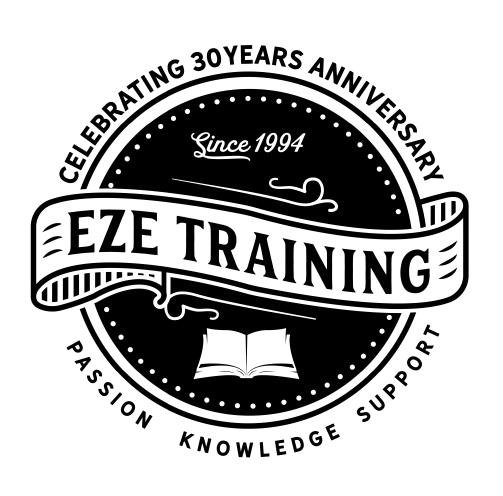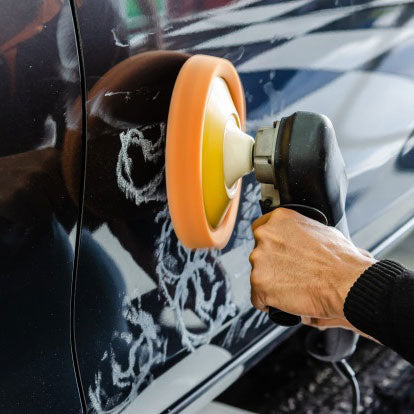The way of things has changed and so have professional expectations.
These days, infection control is no longer optional or niche. It’s the foundation of trust, safety, and professionalism across every industry that involves client or community contact.
Whether you’re a body artist, beauty therapist, healthcare worker, environmental health officer, NDIS support worker, or wellness practitioner, your hygiene practices directly influence the wellbeing of those you serve and yourself.
Clients and communities now expect visible hygiene, clear accountability, and professional transparency. Safety isn’t assumed anymore, it must be seen, felt, and maintained.
Infection Control in 2025

In 2025, people expect professionals to go beyond the basics. It’s not enough to look clean, infection control must be demonstrated as part of everyday practice.
Here’s what modern clients value most:
- Transparency: Clients want to see your hygiene practices, not just trust they’re happening.
- Reassurance: A tidy, sanitised environment creates immediate confidence.
- Consistency: From a piercing studio to a disability care setting, hygiene should be reliable and standardised.
- Empowerment: When professionals can confidently explain why infection control measures are in place, clients feel safer and more respected.
These expectations are redefining expertise and those who meet them it are earning lasting client loyalty.
Common Oversights Across Industries

Even experienced professionals can fall into habits that compromise infection control. The smallest misstep can have big consequences for health and reputation.
Top 5 Hygiene Habits Professionals Overlook
- Inconsistent glove use — forgetting to change gloves between tasks or clients.
- Skipping proper hand hygiene — not washing or sanitising at critical moments.
- Using contaminated tools or surfaces — often unintentionally.
- Incorrect waste disposal — or failing to document infection control processes.
- The “we’ve always done it this way” mindset — which prevents improvement and learning.
Every professional can strengthen their practice by addressing these overlooked habits.
Why Proper Infection Control Builds Trust and Credibility

Infection control isn’t just a compliance requirement; it’s a professional and personal value everyone should adopt.
A clean, well-organised environment communicates care, discipline, and respect. It tells your clients you’re serious about their wellbeing, not just the service you provide.
A single lapse, however, can undermine years of hard work, leading to health risks, loss of reputation, or even regulation penalties.
For NDIS workers, healthcare professionals, and environmental health officers, visible compliance reassures both clients and governing bodies that high standards are being upheld.
For body artists, piercers, tattooist and beauty specialists, it demonstrates that hygiene is an integral part of artistry, not an afterthought.
Legal, Ethical, and Community Responsibilities

Every professional who interacts with people has a legal and ethical duty of care to manage infection risks.
While specific regulations differ across industries, the core principles remain universal:
- Conducting risk assessments- Risk assessments are the first step in preventing infection. They help identify potential hazards, evaluate who might be at risk, and determine the best control measures to reduce or eliminate exposure. Regular assessments ensure safety practices stay relevant as environments, tasks, or client needs change.
- Maintaining effective hand hygiene- Proper hand hygiene is one of the simplest yet most powerful ways to stop the spread of infection. Washing hands with soap and water or using alcohol-based sanitiser at key moments , before and after contact with clients, equipment, or surfaces, helps protect both professionals and the people they serve.
- Using PPE correctly- Personal Protective Equipment (PPE) provides a vital barrier against infection when used appropriately. This includes wearing gloves, masks, gowns, and eye protection when required, and ensuring they are put on, removed, and disposed of safely to prevent cross-contamination.
- Cleaning and disinfecting work areas and equipment- Thorough cleaning and disinfection are essential to maintaining a safe, hygienic workspace. Regularly sanitising surfaces, tools, and high-touch areas removes harmful microorganisms and prevents transmission between clients or staff. Consistency is key to effective infection control.
- Disposing of waste and sharps safely- Safe disposal of waste and sharps is critical to preventing injuries and infection. All contaminated materials including needles, dressings, and single-use items should be placed in approved containers and handled according to local regulations to protect workers, clients, and the community.
Accredited infection control training ensures compliance with Australian health authority standards and prepares professionals for inspections and audits.
But beyond compliance, it promotes awareness, accountability, and confidence, helping professionals protect the people who trust them most.
The EZE Training Approach

At EZE Training, we take infection control education beyond theory.
Our accredited courses are built around real-world application, designed to meet the needs of diverse industries, from body art and beauty to NDIS, healthcare, and environmental inspection.
Created by industry experts like Richard Anthony, our training programs integrate the latest infection control regulations with hands-on, scenario-based learning. Participants leave feeling confident, capable, and prepared to implement best practices immediately.
At EZE, we believe that understanding why infection control matters is just as important as knowing how to do it right.
Real-World Impact

The results speak for themselves:
· An Environmental Health Officer strengthened inspection processes and improved community confidence.
· An NDIS support worker implemented safer hygiene protocols for vulnerable clients.
· A body art studio rebuilt client trust and achieved higher compliance after completing EZE Training Courses.
Across every sector, our students prove that infection control isn’t just a compliance measure, it’s a professional advantage.
Safety Isn’t Optional, It’s Everyone’s Responsibility
Infection control connects every industry where human contact exists.
Maintaining hygiene isn’t just about regulations, it’s about respect, care, and confidence in every interaction.
At EZE Training, we make infection control education accessible, practical, and relevant because protecting your clients, your reputation, and your community starts with you the practitioner.
Whether you’re in beauty, care, health, or inspection, let us help you protect what matters most.
Enrol or refresh your Infection Control certification today. CLICK HERE



